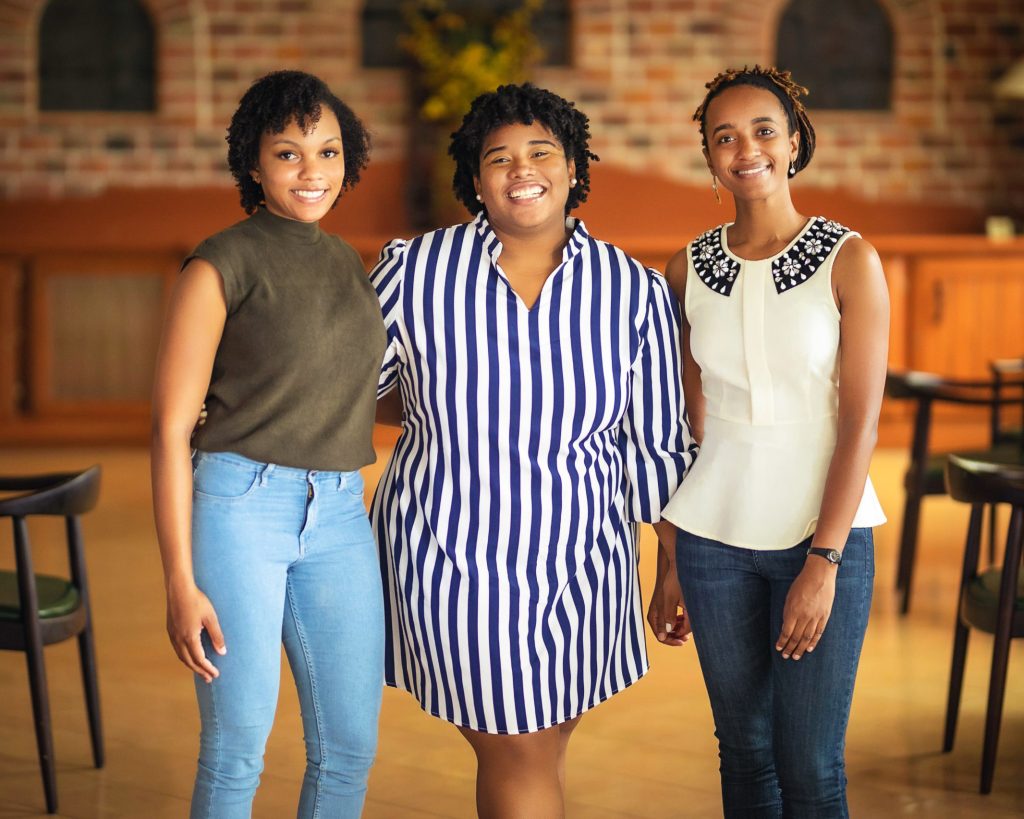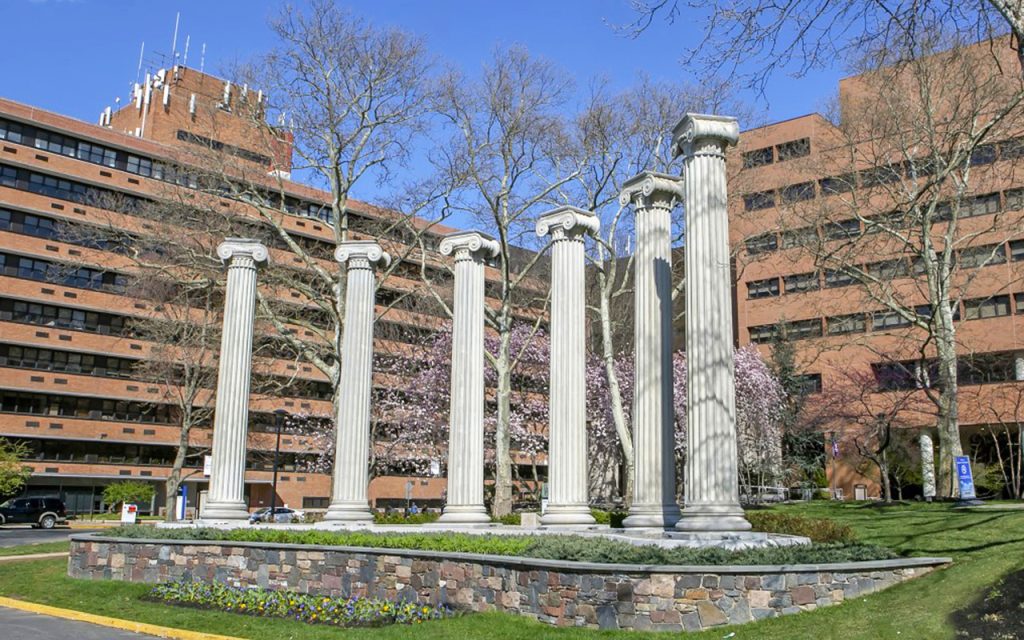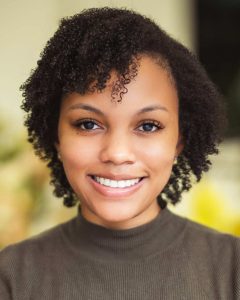I have cared for underserved populations in both Jamaica, my home country, and in the United States as part of my graduate medical education training. In Jamaica, I practiced medicine in resource-limited settings. In the United States, the environments in which I have practiced medicine have been more well-equipped. Yet, many of the patients I have cared for still come from communities facing significant barriers such as poverty, high crime rates, and limited healthcare access.
Through my experiences in these two different countries, I have learned that caring for underserved populations requires not only medical expertise, but also a deep understanding of the social and economic inequities that impact the health outcomes of the community you are serving. Improving healthcare outcomes for these patients demands a tailored approach—one that goes beyond clinical knowledge to incorporate cultural competence, adaptability, and resourcefulness.
My medical training and career began in underserved communities in Jamaica, where I witnessed firsthand the impact of these inequities. From patiently and empathetically facilitating a patient who arrived an hour late to their appointment due to difficulty securing childcare to finding innovative ways to optimize care for a patient with uncontrolled diabetes who lacked a refrigerator to store her insulin, providing care for these patients was complex and deeply impactful. The relationships I formed with my patients enriched my understanding of their lived experiences, further shaping my ability to deliver compassionate and effective care.

My passion for caring for these underserved populations led me to co-found a non-profit organization in Jamaica, Margin2Centre, in 2020. Focused on expanding culturally competent care and health education, Margin2Centre was established to build healthcare workers’ capacity to provide culturally appropriate care through targeted education and community engagement. Led by a team of women physicians, its initiatives—such as health literacy programs and a Jamaican Sign Language course for medical terms—have helped improve health system navigation for Deaf patients.
When I decided to pursue postgraduate medical training in the United States, I sought to continue serving vulnerable communities, so I joined an Internal Medicine program in an area with significant healthcare challenges. While the available resources and cultural backgrounds differed from what I had experienced in Jamaica, the fundamental principles of patient-centered care remained unchanged. Initially, the unfamiliar environment was daunting, but drawing upon past experiences allowed me to navigate this transition with confidence and competence, reaffirming the necessity of personalized care even in a system with greater resources.
I once assisted the parent of an adult child with a disability by rescheduling appointments he missed because of a lack of time and finances. Overcome with gratitude, he later returned to thank me after his child finally received a long-awaited procedure. Despite multiple safety nets and infrastructure, navigating the U.S. healthcare system remains overwhelming for some patients and their relatives. Studies show that Black patients, for example, are 30 percent more likely than white patients to die prematurely from heart disease, a statistic that highlights the persistent healthcare disparities that exist even in a system with more resources.

Residency has broadened my medical knowledge and my awareness of available support services and resources. Each day, I am reminded that an integral part of an effective patient-physician relationship is creating a non-judgmental and open space where patients can explore not only their health concerns but also the socioeconomic factors affecting them. This holistic approach continues to strengthen my ability to choose the best resources for each patient’s unique needs.
As I move forward, I look forward to deepening these relationships and refining my skills to better serve patients, both in my current setting and in my future endeavors back home in Jamaica. I will continue to dedicate myself to advocating for all patients to receive the support they need, regardless of their circumstances.

